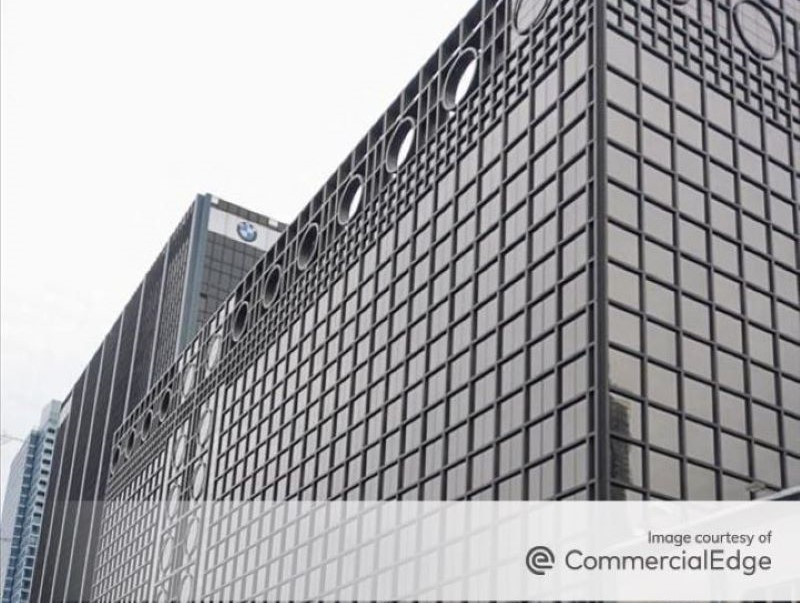Does Internet Quality Impact Office Leasing Decisions?
When asked about selecting workspace in the next 10 years, 92 percent of respondents to a study released by Radius Global Market Research and WiredScore mentioned connectivity as an important factor, surpassing both location (89 percent) and price (88 percent).
By Gail Kalinoski
A majority of leasing decision makers say a lack of reliable internet connections is a factor affecting their office rentals, according to a study that cites a building’s connectivity as a top factor in evaluating future office space.
The study, The Value of Connectivity: What’s the Cost of Poor Digital Connectivity for Commercial Real Estate, found that the quality of a building’s internet connection was cited by 87 percent of those surveyed as a top factor in choosing office space, just behind location (90 percent). An overwhelming 91 percent of respondents also said lack of reliable connectivity was a consideration in rental decisions.
The survey, released by Radius Global Market Research and WiredScore, polled a random sampling of 150 leasing decision makers across the top 10 largest cities in the United States, including CEOs, heads of real estate, and workplace and facilities professionals. WiredScore launched Wired Certification in 2013 as a standard to benchmark internet connectivity in office buildings. The survey asked decision makers if they would be more interested in office space in a building that had its connectivity independently tested and certified and 72 percent said yes. A majority, 61 percent, also said they would be willing to pay more per square foot for space that had Wired Certification.
“Tenants want transparency about building connectivity infrastructure and certification provides that transparency via an independent assessment. Connectivity interruptions have a negative impact on employee productivity, morale, and profitability. Investing in a space that mitigates those interruptions is money well spent in the digital economy,” Arie Barendrecht, founder & CEO of WiredScore, told Commercial Property Executive.
The results showed that a high incidence of connectivity failure in the workplace was occurring an average of more than four times a month and 77 percent of those surveyed said those disruptions hurt their business’ profitability.
When asked about selecting workspace in the next 10 years, 92 percent cited connectivity as an important factor, surpassing both location (89 percent) and price (88 percent).
“We hear internet outage horror stories from tenants whenever we speak to them and the data uncovered in this survey, that 80 percent of tenants experience regular connectivity issues, confirms the anecdotal evidence we hear from the market. When businesses are experiencing an average of over four disruptions per month, it’s no surprise that they are demanding office spaces that are better connected,” Barendrecht added.
The findings demonstrate that technological infrastructure and connectivity are priorities for those seeking office spaces now and in the future. Those concerns are heightened as the business world becomes increasingly more connected through communications platforms, cloud-based systems and smart technologies, the report showed.
“That’s why we always say that those making leasing decisions on behalf of businesses today must be diligent about the quality of internet infrastructure when evaluating a prospective office space. This can’t be an afterthought,” Barendrecht told CPE.
More Study Results
Additional results from the study include: 75 percent would sign a longer lease in a building with superior connectivity, or would sign more quickly with assurance that the technology infrastructure meets their business’ requirements; 51 percent would not rent the office space at all if they knew access to reliable internet connectivity was not available; 63 percent said it is difficult to get information on connectivity during lease negotiations.
Barendrecht said he was not surprised that so many respondents said they would pay more for Wired Certified office space. “Tenants want transparency about building connectivity infrastructure and certification provides that transparency via an independent assessment. Connectivity interruptions have a negative impact on employee productivity, morale, and profitability. Investing in a space that mitigates those interruptions is money well spent in the digital economy,” he said.
While Barendrecht doesn’t expect connectivity issues to overtake location as the top concern of decision makers when leasing or extending a lease, he does expect them to pay more attention to tech infrastructure in office buildings going forward.
“It would be hard to dislodge location as the top factor affecting real estate, but the importance of reliable and resilient internet access isn’t going away,” concluded Barendrecht.
The full report can be downloaded here.








You must be logged in to post a comment.